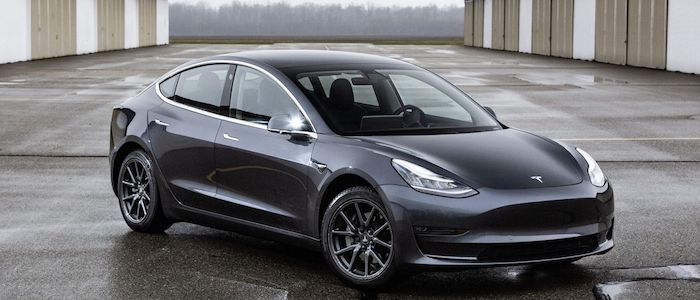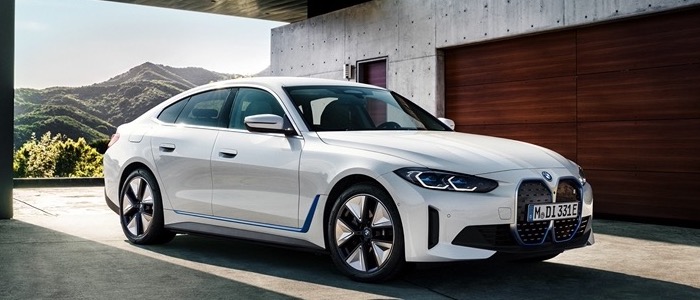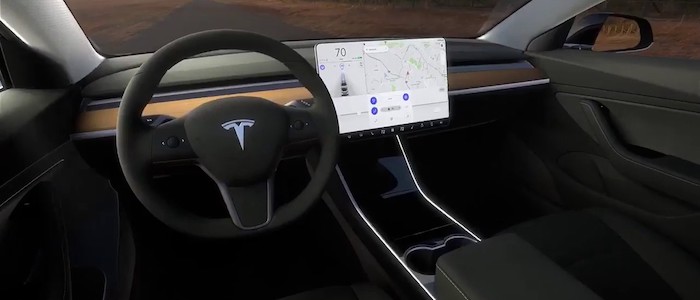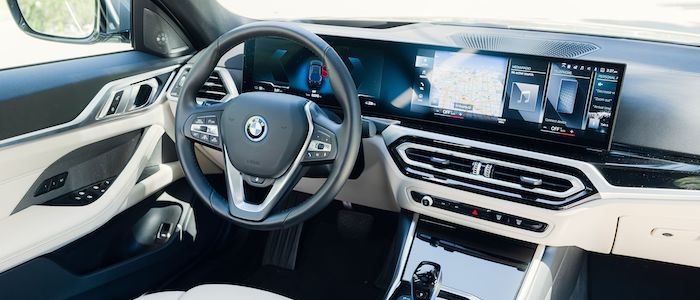Compare two cars
Compare any two cars and get our Virtual Adviser™ opinion
Dimensons & Outlines
Check a car with 30% off a report
Engine
Performance (manual gearbox)
Performance (automatic gearbox)
Expenses
Virtual Adviser's™ opinion
Two significantly similar cars, no doubt about that. Still, each one has something different to offer. Having both cars powered by electric engines and utilizing the 5-door hatchback body style within the same 'Large family car' segment, the only major difference here really is their wheel drive configuration (4 x 4 for the Tesla and rear in the case of the BMW). The first one has a Tesla-engineered powertrain under the hood, a PMSM Electric unit in formation 1 / 1 with 346hp unit, while the other one gets its power and torque from a IM Electric unit in formation 0 / 1 with 340hp engine designed by BMW.
SafetyThe first thing to look into here would be the results from European New Car Assessment Programme (Euro NCAP) tests performed on the two cars. Good thing is that both vehicles got tested, with the Tesla being a slightly better choice apparently. Still, apart from the official crash test results there are other things we need to be aware of. Both vehicles belong to the large family car segment, which is generally a good thing safety-wise, but that fact doesn't break the tie between the two cars. On the other hand, taking kerb weight as an important factor into account, the German car offers a considerable difference of 15% more metal.
ReliabilityManufacturers have been building their reliability reputation for decades now and, generally speaking, it appears that Tesla is significantly less fault-prone, when all the models are taken into account. These are the official statistics, while our visitors describe reliability of Tesla with an average rating of 1.3, and models under the BMW badge with 4.1 out of 5. The same official information place Model 3 as average reliability-wise, and i4 is more or less at the same level.That apart, owners of different cars powered by the same engine as the American car rank it on average as 3.0 out of 5, exactly the same as the other one.
Performance & Fuel economyTesla is undoubtly more agile, reaching 100km/h in 1.3 seconds less than its competitor. In addition to that it accelerates all the way to 233 kilometers per hour, 43km/h more than the other car. When it comes to fuel economy things look pretty much the same for both cars, especially if you take into account all the free charging points provided by the manufacturer and/or the local government's environmental programs. One of the essential things to consider when it comes to this type of vehicles would be range, although here it's more or less the same, orbiting around 570 kilometers on a single charge.
Verdict
Tesla appears just a bit more reliable, although the difference is truly marginal. The most important thing when deciding between any two vehicles should always be safety, both passive and active. In this case though, it seems that both cars show similar levels of passenger protection all together, so that won't break a tie. But one thing that actually could is the performance, with Tesla outracing its opponent in any situation possible, making it better choice for boy racers. The German car offers somewhat better range. All together, there's not much more to say, in this case I wouldn't even consider anything but Tesla. Nevertheless, let's not forget that people have different preferences and needs, so what really counts is your personal feel. I'm only here to help. In case you have two minutes to spare I invite you to define your needs, desires and budget and see which car would be chosen by the virtual adviser™, among more than 12.000 different ones in our database.































